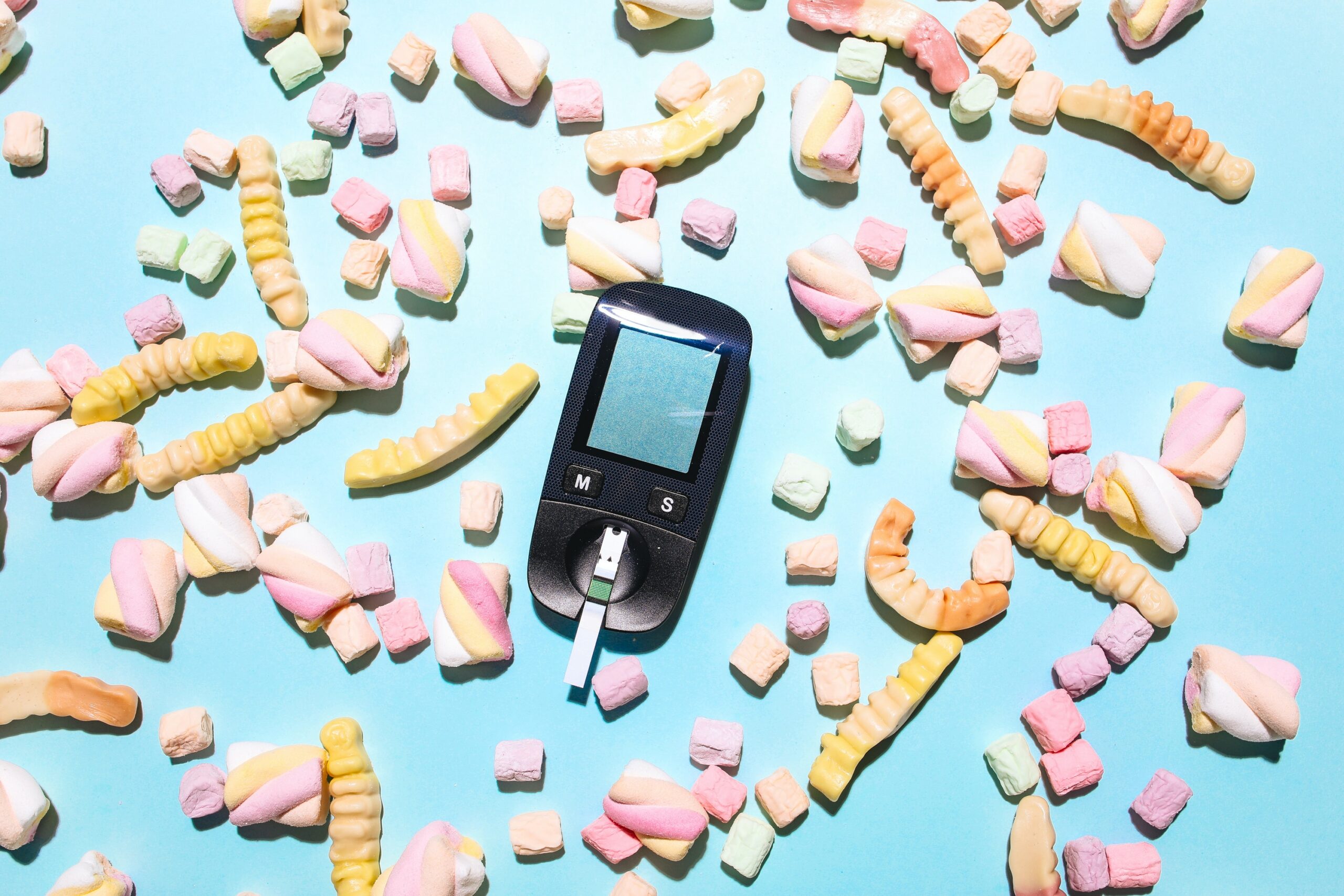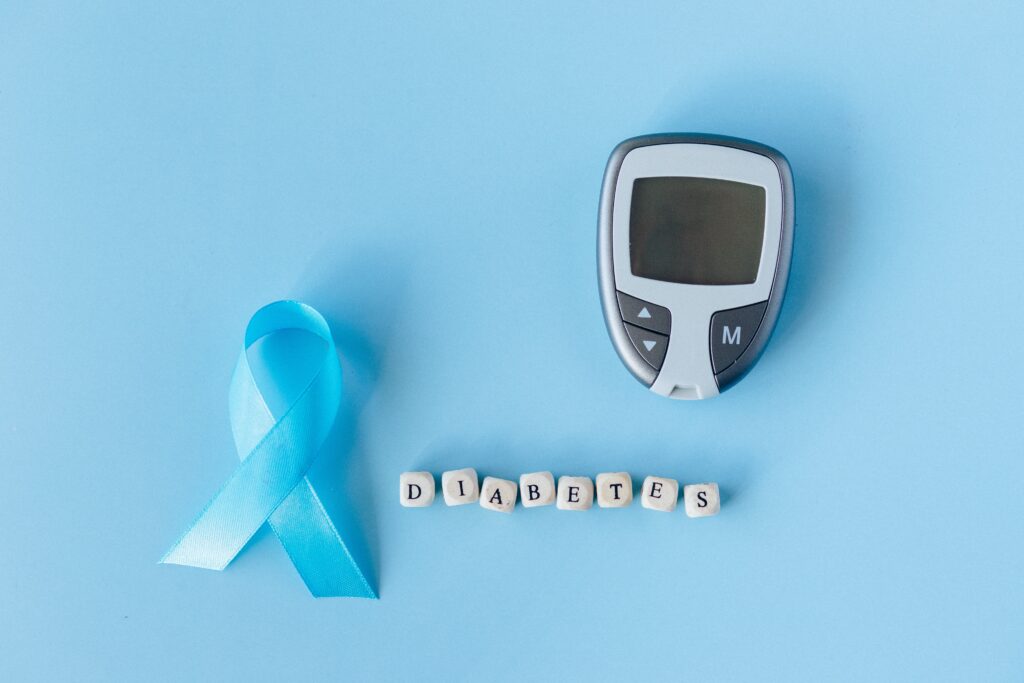
Guest post by Jassica Mendez
If your child has been diagnosed with diabetes at such a tender age, we understand it can be frightening. Even though it can be hard to explain that they have a life-long condition, there are ways you can help them feel more confident and understand the issue better. Having this condition doesn’t mean kids can’t be kids. On the contrary, your kid’s confidence, good health, and understanding start with having an open and positive conversation. For instance, there are numerous sugar-free cookie recipes and delicious treats, so don’t think they’ll miss all the fun. The article below shares some things to keep in mind if you wish to talk to your child about diabetes and make their diagnosis feel manageable.
What to keep in mind if you want to talk to your child about diabetes
All changes we experience throughout our lives can be overwhelming and even shocking. Each change our family faces should be taken under great thought and honest conversation. Parenting a child diagnosed with diabetes isn’t easy, especially if you’re trying to manage other family obligations like preparing for a long-distance move or home renovations. That’s why it’s crucial to have a plan in place to guide you. This way, you’ll make sure you’re all ready for the moving day, and your child will know what to expect along the way, especially when it comes to their medication and nutrition.
Above all, you will have to find a way to explain they will need to follow a particular meal plan, monitor their glucose levels, and take insulin shots. Their condition is here to stay, so you will all need to make changes to your lives be empathetic and patient until it becomes a routine. This is why you need to learn about their condition so you’ll be able to explain it to them. Here’s some advice to help you have an effective conversation.
Remain honest
First and foremost, it’s crucial to always tell the truth to your child. Then, if they start asking questions, be sure you give them answers, even the unpleasant ones. Getting all of your questions answered helps everyone feel more in control and learn more about the condition itself.
Another common situation is that kids feel they’ve done something wrong and got this diagnosis. For that reason, we as parents must make it clear this isn’t the case.
Finally, you need to make sure they know their diabetes isn’t going away and that you will all need to learn how to live your best lives with keeping it manageable. At this point, your child might feel upset and sad. This is where it’s important to welcome these emotions and tell them it’s okay they think this way. Encourage them to talk about it openly and share any doubts or frustrations they might have.
Stay positive
How we handle certain situations reflects on our kids, especially if they’re young. This is why we need to make sure we sent the right message:
Their diabetes is here to stay. You will need to learn the ways to manage it. Luckily, together you can get it under control.
When you discuss your child’s condition, it’s vital to be supportive and make these open conversations a part of your everyday life. Regular talk is what normalizes the situation. You will help your kid understand that it’s possible to keep their condition under control with proper management, mindful care, and live a normal life.

Here are some ways you can encourage your young child with diabetes.
- Praise them each time they pick out a healthy snack.
- Praise them when they finish their dinner.
- Compliment them each time they take on some self-care responsibilities.
Our kids look to us for guidance, so how we deal with their condition affects how they feel and act. For example, if we overreact and get angry about their high sugar levels, our children can be less honest about their sugar readings in the future.
Be informed
Another vital thing is to stay on top of the latest diabetes care information and pass it on to your child. You can use this opportunity to make this a fun learning experience for both you and your child and not feel pressured to become an expert in the field right away.
Be excited to find out some types of sweets will still be on the menu, that they still can play, exercise, and have fun like their friends, but that insulin is a necessity.

Be supportive
Finally, being diagnosed with diabetes can be confusing and stressful. This is why it’s essential to educate the whole family about the matter and involve everyone in your child’s journey.
If you have other children who don’t have this diagnosis, it would be good to discuss why keeping a healthy lifestyle is essential to everyone, not just those with diabetes. Try to include each family member in meal and activity plans so your kid with a diagnosis doesn’t feel left out or special in a negative sense.
Having involved family members is a crucial part of managing diabetes throughout childhood.
Age-appropriate conversations about diabetes
Finally, here are some tips on how to talk to your child about diabetes according to their age.
- Infants and toddlers don’t understand why they need to have their fingers poked. Making this a daily routine will help, like diaper changes or naps. In addition, it would help perform diabetes care gently and quickly and be soothing and reassuring afterward.
- Preschool kids will also rely on their parents for diabetes care. However, you can explain the care-related obligations in simple terms, so they know what’s happening. It could also help to give them some sense of control by, for example, asking them which finger they want to use for the glucose test.
- Kids in school should learn how to take on some of their diabetes care but with parental guidance. It’s vital to remain supportive and not push your child, but allow them to take on new responsibilities gradually. It’s also this age when they might start feeling sensitive about being different from their peers. It would help if you understood these temporary setbacks and avoided being overprotective. You could also emphasize that once they take responsibility for their diabetes care, it will be easier to attend different parties and have sleepovers.
- Teenagers are the ones that could make poor decisions about their diabetes care due to peer pressure. This is when you should talk about drugs, sexuality, alcohol, and how this can affect their condition. Just keep in mind there’s a fine line between lecturing and offering support. This is why it would help if you approached your child in a caring manner.

Final thoughts on how to talk to your child about diabetes
Finally, when you are preparing to talk to your child about diabetes, it could help if you found a support group to help you connect with other parents and kids in the same condition. Talking to your kids about their condition can be difficult at any age. However, keeping the communication honest and open is the key. The more you speak to them about it, the more prepared they’ll be for taking care of their diabetes when you’re apart.